The fact that you’re reading this article means that you must have had some lingering thoughts about doing an MBA all these years. Though you are still excited about the idea of pursuing a full-time MBA, some part of you is wondering,
“Should I get an MBA now that I am in my 30s?”
“Am I too old to get an MBA?”
Like all the others in the same boat as you are, you must be wondering if it even makes sense to get an MBA after 30 and study along with younger applicants.
Somehow… becoming a student after the age of 30 or in your early 40s is something that doesn’t sound like the right choice.
You’re probably thinking,
“Can I even get into a decent B-School?”
To that, we say, “If you have the drive to do it, your age really doesn’t matter!”
Let’s look at some statistics…
More than 40% of the candidates who approach us for our Application Services are people with more than 7 years of work experience. This means that they are all hitting the “30-year age bar or more” or at least close to getting there.
We understand that you had your own reasons for not pursuing an MBA degree earlier in life. Maybe you weren’t aware of the benefits of getting an MBA from a prestigious business school, or maybe you couldn’t get an MBA admit because your CAT or GMAT score was not good enough.
Maybe you already have an MBA and are thinking of getting one more!
No matter which one of these scenarios applies to you, if you have serious doubts and reservations about doing an MBA after 30, give this detailed article a read, and we guarantee that you’ll feel differently by the end.
In this article, we’re going to talk about:
- What will you gain from an MBA after 30?
- How can you get an MBA after 30?
- How do you convince AdComs to give you an admit?
- How do you select the Right B-Schools?
- FAQs – Is it too late to pursue an MBA after 30?
Before we get into the details, let’s tell you one more thing – “Doing an MBA after 30 is actually a good idea.”
Grab your free copy of ‘Top 50 Profiles Who Cracked MBA with Crackverbal’
Grab your free copy of ‘Top 50 Profiles Who Cracked MBA with Crackverbal’
1. What will you gain from an MBA after 30?

Before we tell you what you will gain from an MBA, let us check out some facts.
Average Candidates Age at Top B-Schools
| B-School | Average Age | Average Work Ex |
|---|---|---|
| Stanford Graduate School of Business (US) | 27 years | 4 years |
| Wharton School of the University of Pennsylvania (US) | 28 years | 5 years |
| Harvard Business School (US) | 27 years | 4.2 years |
| University of Rotman (Canada) | 27 years | 4.3 years |
| Western University Ivey (Canada) | 28 years | 4.8 years |
| London Business School (UK) | 29 years | 5 years |
| INSEAD (France and Singapore) | 29 years | 6 years |
| IESE Business School (Spain) | 28 years | 4 years |
| ESADE Business School (Spain) | 29 years | 5 years |
| HEC Paris (France) | 30 years | 5.8 years |
| Warwick Business School (UK) | 32 years | 9 years |
| IMD (Switzerland) | 31 years | 7 years |
| NUS (Singapore) | 32 years | 7 years |
| ISB (India) | 27 years | 4.2 years |
| IIM – A PGPX (India) | 32 years | 9 years |
Look at the average age of MBA students at the top business schools in the world. It ranges anywhere from 27 years to 32 years! One thing is clear – people across the world pursue an MBA at a time when they feel it is the perfect time!
Let us now cut to the chase.
So you either have enough and more years of experience or you have an above-average study quotient, by which we mean that you have probably spent years on your PhD or maybe you are a doctor!
In either case, what will you gain from doing an MBA after 30? What’s in it for you?
We’re sure you have the usual reasons as to why you are pursuing an MAB at this stage – a salary increase or you are looking out for senior management positions.
But you’ll be interested to know that candidates who consider pursuing an MBA after 30 are usually interested in other more specific benefits of an MBA. They are:
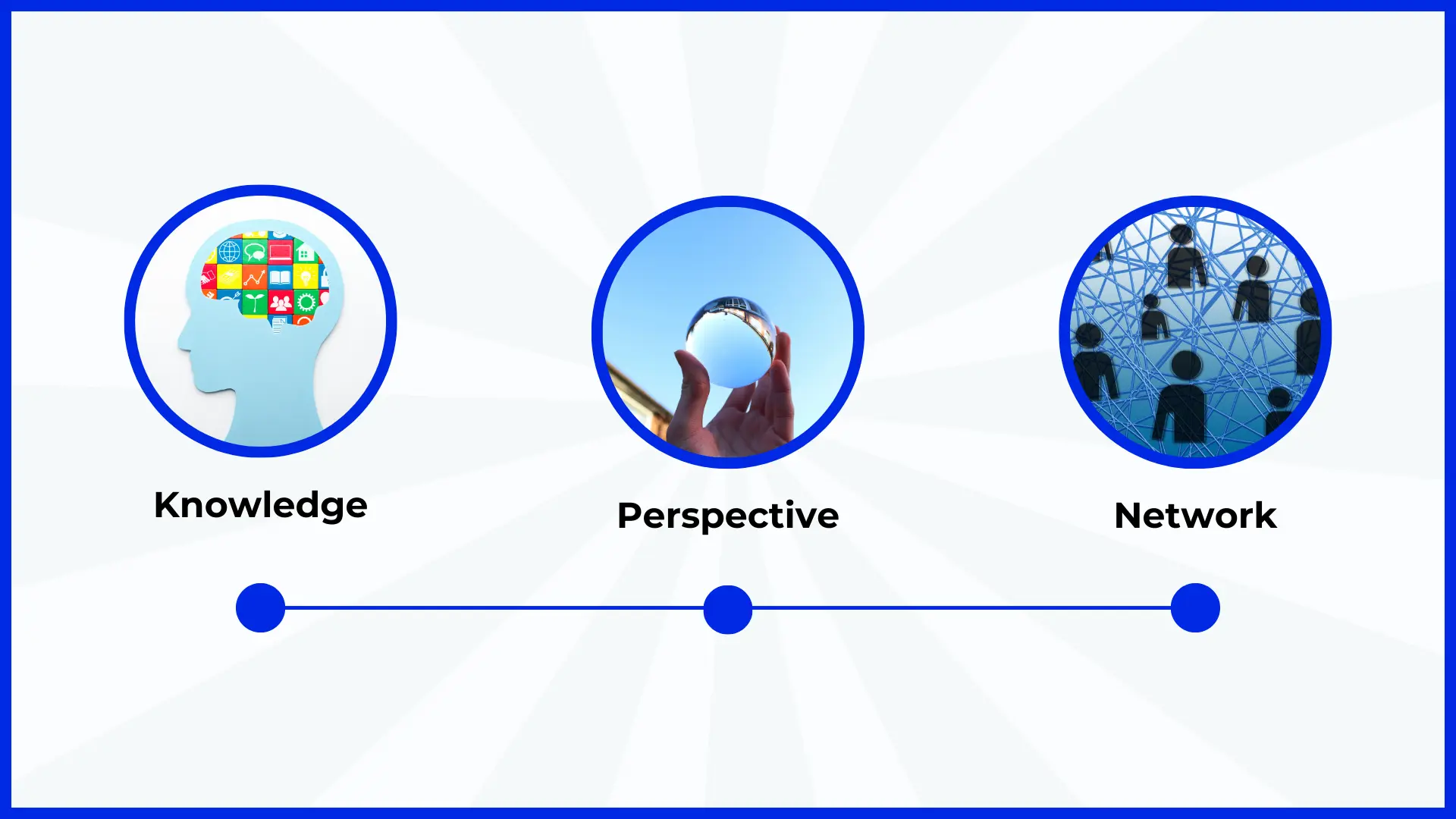
- Knowledge
- Perspective
- Networking
Let’s explore these benefits…
1. Knowledge

We are sure that you have garnered enough and more practical knowledge and probably even developed a kind of functional expertise in what you do. Having worked for so many years in the field, your knowledge of your field of work must be primarily based on practical experience and not theory.
This expertise must be what helped you rise through the ranks in all these years. However, as you go higher, you need to become more of a general manager and less of a section expert.
That’s exactly what an MBA after 30 can help you become.
As you get into management positions, you’ll need to manage functions you’ve never dealt with before.
For example, if you’re an IT engineer, you may never have handled profit and loss statements (P&Ls), marketing reports, and sales updates. As a manager at any level, you’ll need to know how to use these things as tools to enhance your team’s performance.
An MBA will give you the know-how to perform the functions necessary to be an effective manager.
2. Perspective

With the hectic life that you must have had so far, you must not have had the time to invest in yourself.
By this, we mean that you may have just focused on your professional goals and not have thought much about your social skills, your emotional intelligence, or your leadership skills.
We don’t blame you. Not even a bit.
But you need to understand that being self-aware and having good interpersonal skills are qualities that are necessary to perform well as a leader or manager at any level. Both these can be developed if you invest in yourself. Doing an MBA after 30 can help you achieve these qualities.
An MBA after 30 allows you to finally take some time to focus on yourself. You can use this time to rediscover yourself and develop any hobbies and skills you choose.
An MBA provides you with an opportunity to be in a class full of predominantly younger students learning to do the same thing. Any good B-School will have a variety of student clubs that will help you develop your personality beyond your job description.
Remember:
“Your career depends not only on your IQ but also on your ability to work with all kinds of people, especially those you don’t particularly like.”
An MBA from a top school will also help you make the transition from a functional expert in your field to a visionary who can guide an entire team toward success. It helps you create a ‘new and improved’ version of yourself, which is a necessity for career growth after 30.
3. Network

At a certain point in your career, your network becomes your net worth. You will be assessed based on who you know.
You may have already started to realize that people who have strong networks can get things done. Your ability to make things happen, to handle obstacles and overcome them, to pull off bold manoeuvres, all get affected by who you know.
How much power you have is a direct function of how many powerful people you’re connected with.
Getting an MBA from a reputed B-School will open many doors as far as networking opportunities go. Most importantly, after crossing the 30-year mark, you should know that your next job is not going to come from online portals.
As you grow in your career, the entire dynamic of looking for better job prospects changes.
Think about this:
Imagine that you aim to become the CTO of a big company at the age of 50.
Understand right away that you’re never going to see a “We’re looking to hire a CTO” ad in any online portal. Contenders for such positions don’t apply for the role; they’re referred.
This is why you need to start building that network NOW. An MBA after 30 will automatically help you build this network.
So, can you get an MBA after 30? Let us discuss that in the next section.
2. How can you get an MBA after 30?

It probably seems pretty intuitive – just pick a good MBA program, apply, and start your course – right?
If you believe getting an MBA is as easy as that, you’re in for a BIG surprise.
An MBA is not like any other advanced degree that you can just sign up for and get in on a whim. It requires clarity of mind, a sense of determination, and personal motivation.
As an older MBA candidate, there are three stages that you will typically go through in your MBA journey:
- Figuring out your intentions
- Preparing for the GMAT
- Getting through to the MBA program
Prefer to watch instead of read? Check out what our Chief mentor has to say about getting your MBA after 30.
Let’s look at each stage in a little more detail.
Stage 1: Figuring out your intentions
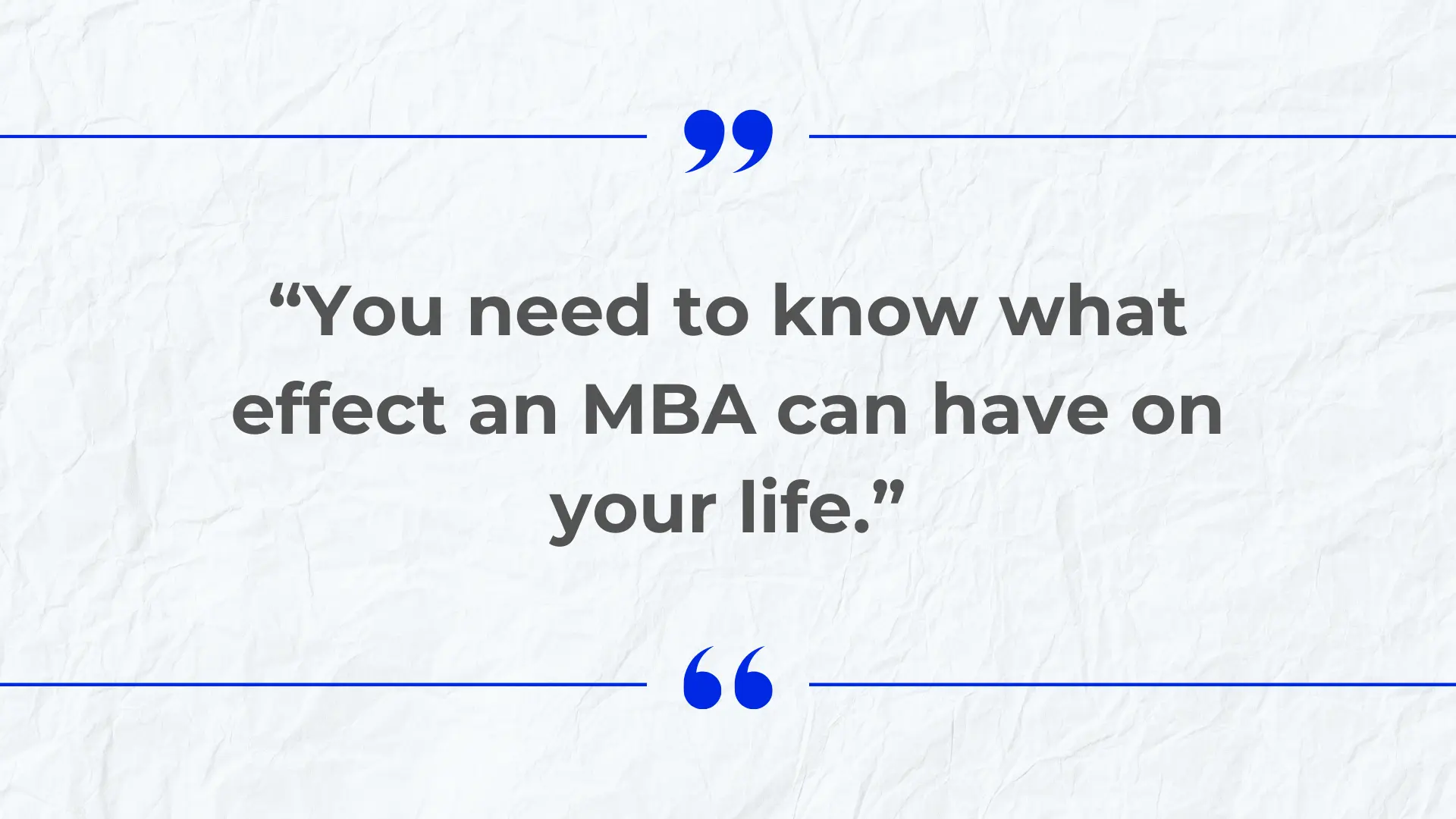
Before you begin with your MBA application process or even before you decide to apply for an MBA, you need to know what effect pursuing an MBA after 30 can have on your life. Ask yourself if you truly want (and are ready for) the life it can create for you. You need to be sure that you want that life because you’re going to have to work pretty hard for it.
The point is, getting an MBA is going to be a long process, so you need to double down and prepare yourself mentally and financially to face the rigours in advance. Be ready for it.
Stage 2: Preparing for the GMAT
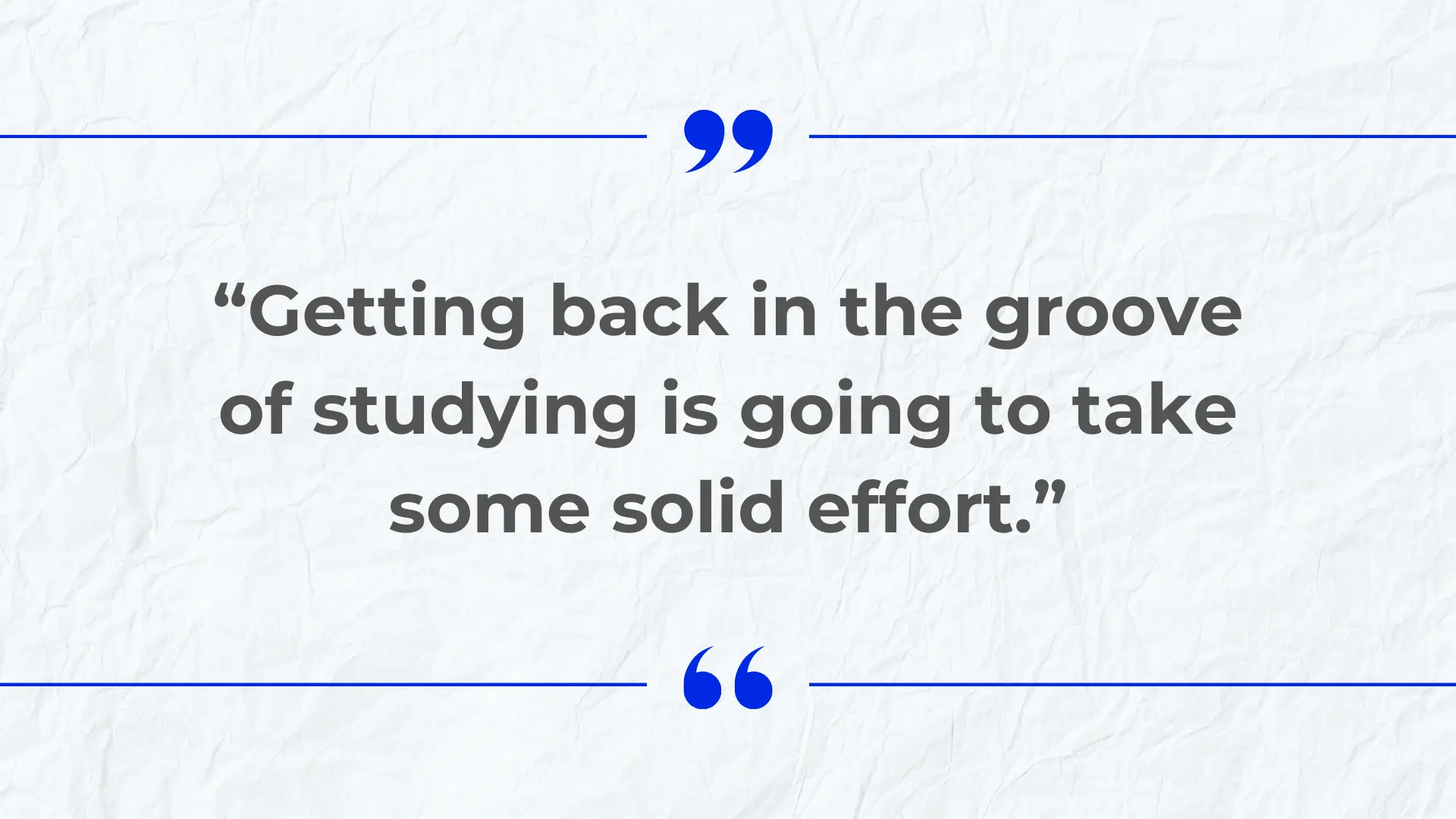
Let’s face it – studying isn’t exactly fun.
On top of that, you’ve likely been out of touch with the routines of studying and taking exams for ages now. Getting back into the groove is going to take some solid effort on your part.
Also read: All You Need to Know About GMAT Online Exam
To this, add the fact that you have a lower attention span than you did during your late 20s. And, of course, you’re a busy professional with a hectic lifestyle.
All these are limiting factors. How are you going to find the time to study?
This is the point where you will have to remind yourself to keep your eyes on the prize!
Knowing and visualizing the difference that an MBA can make in your life will help you stay on track. Pick a GMAT coaching program designed for busy professionals that will help you stay focused and manage your time effectively.
Let’s be honest…
If you get a 525 GMAT score, you might as well give up on the idea of an MBA altogether.
If you get a 615, though, you could consider applying to some of the good B-Schools. We mean, you would probably drop any grand plans to apply to the top B-Schools, but at least you won’t give up.
However, if you get a 715 score, you could actually decide to take a shot at getting into top US business schools, such as Harvard and Stanford!
Also read: GMAT Syllabus and Pattern
However, mentally prepare yourself!
You may not get your dream score on your very first GMAT attempt. So be ready to retake the GMAT if need be. Don’t let one bad score let your MBA dreams come crashing down.
Stage 3: Getting through to the MBA program
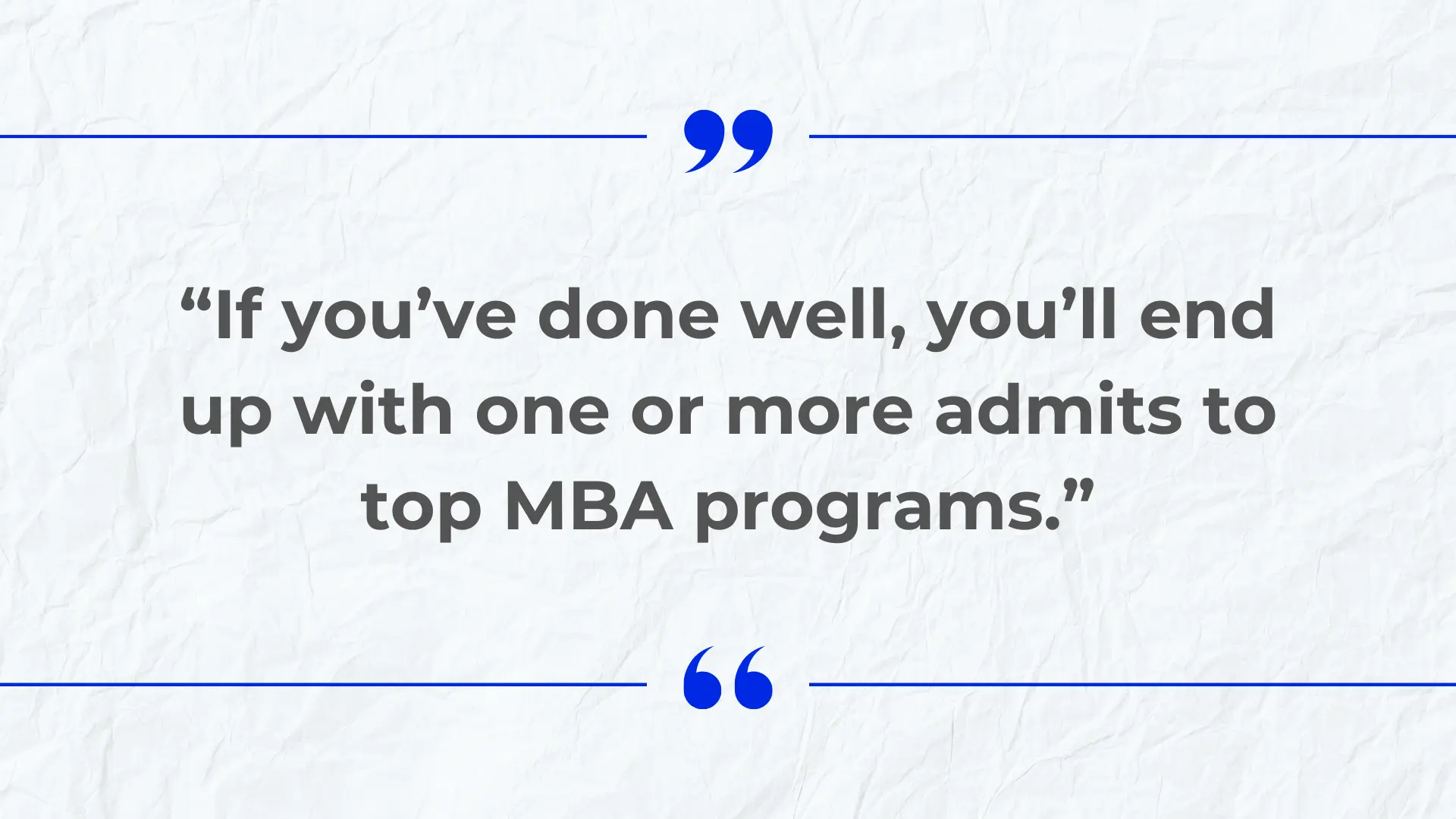
If you’ve done well in the first two stages, you will end up with one or more admits into various great MBA programs in top B-Schools, and you’ll need to choose the school/program that’ll work the best for you.
Unfortunately, this choice is not just about comparing programs. You have to factor in your MBA financing options as well. This includes MBA scholarships, loans, and a multitude of factors, depending on the country you’re going to.
To start your program, you’ll have to be comfortable leaving your entire life behind.
This might seem like an obvious thing that you would have thought of already, but trust us, when the time comes to actually leave, it can be quite difficult.
These three critical stages in your MBA journey will define what your life will be like a couple of years down the line. We hope that the points we mentioned above have really sunk in. It is very important that you understand the importance and difficulty of an MBA journey.
Having said all of that, it’s important for you to be able to handle the biggest question you’ll have to face over and over.
That’s what we’ll address in the next section.
Grab your free copy of ‘Top 50 Profiles Who Cracked MBA with Crackverbal’
Grab your free copy of ‘Top 50 Profiles Who Cracked MBA with Crackverbal’
3. How do you convince AdComs to give you an admit?

As a candidate applying for an MBA admission after 30, you will face some very specific challenges when it comes to convincing the Admissions Committee (AdComs). We highly recommend that you control the narrative by addressing these challenges before the AdComs bring them up.
The AdComs have their own reasons to scrutinize your MBA profile. There are four factors they consider while evaluating your profile:
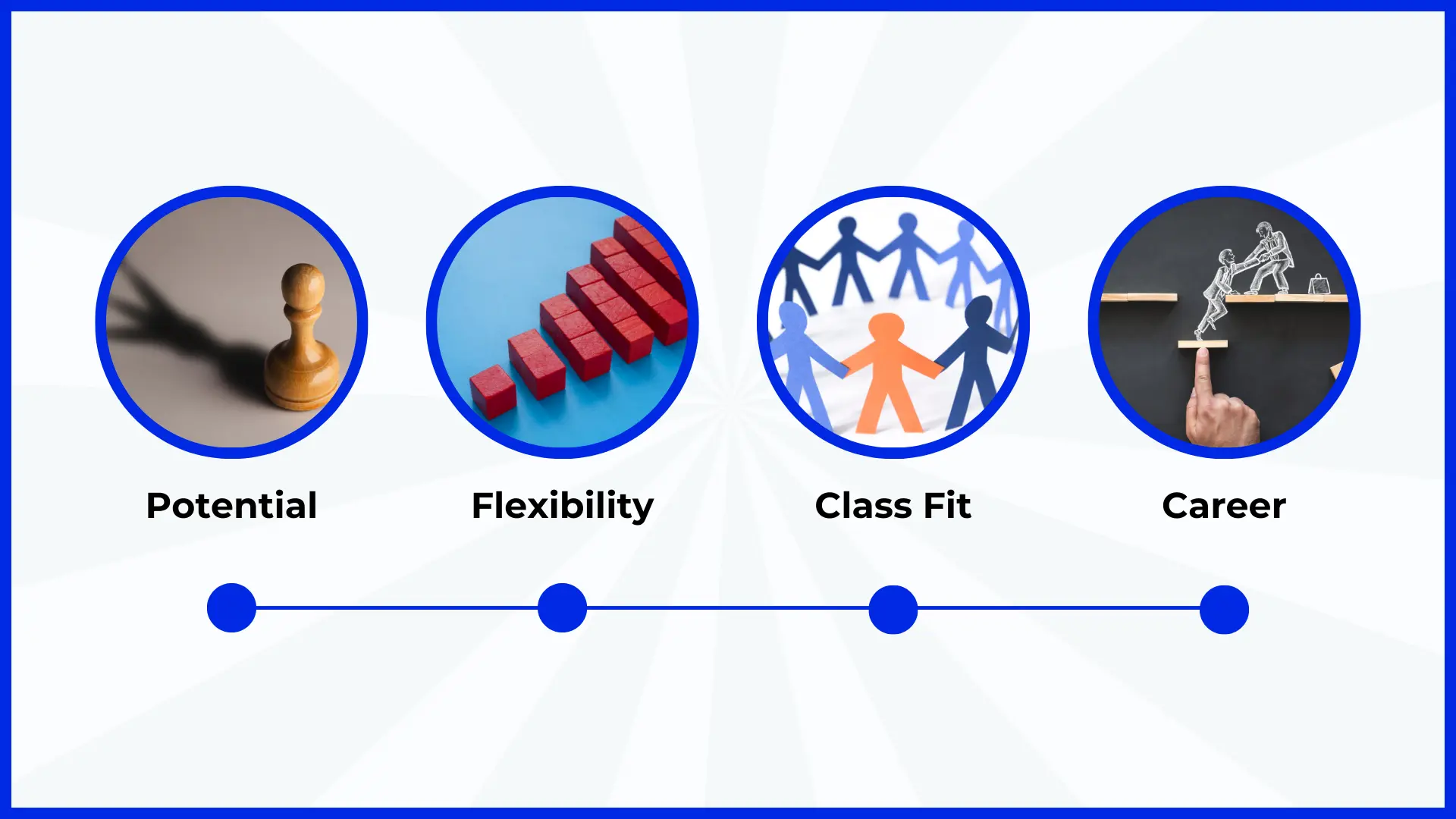
i. Your potential to do things that you haven’t done yet
ii. Your flexibility to adapt to what is taught
iii. Your ability to fit in with the class
iv. Your salary and career expectations
While these are the four factors that the AdComs take into consideration, here are seven challenges you will have to face:
- How will you present your chequered career path?
- Are you ready to learn?
- How will you get placed after your MBA?
- Why do an MBA now?
- What will be your class contribution?
- What is your X-Factor?
- Why a full-time MBA?
P.S. We have also included our recommendations on how to tackle them. (You can thank us later.)
Challenge 1: What to do with your chequered career path?
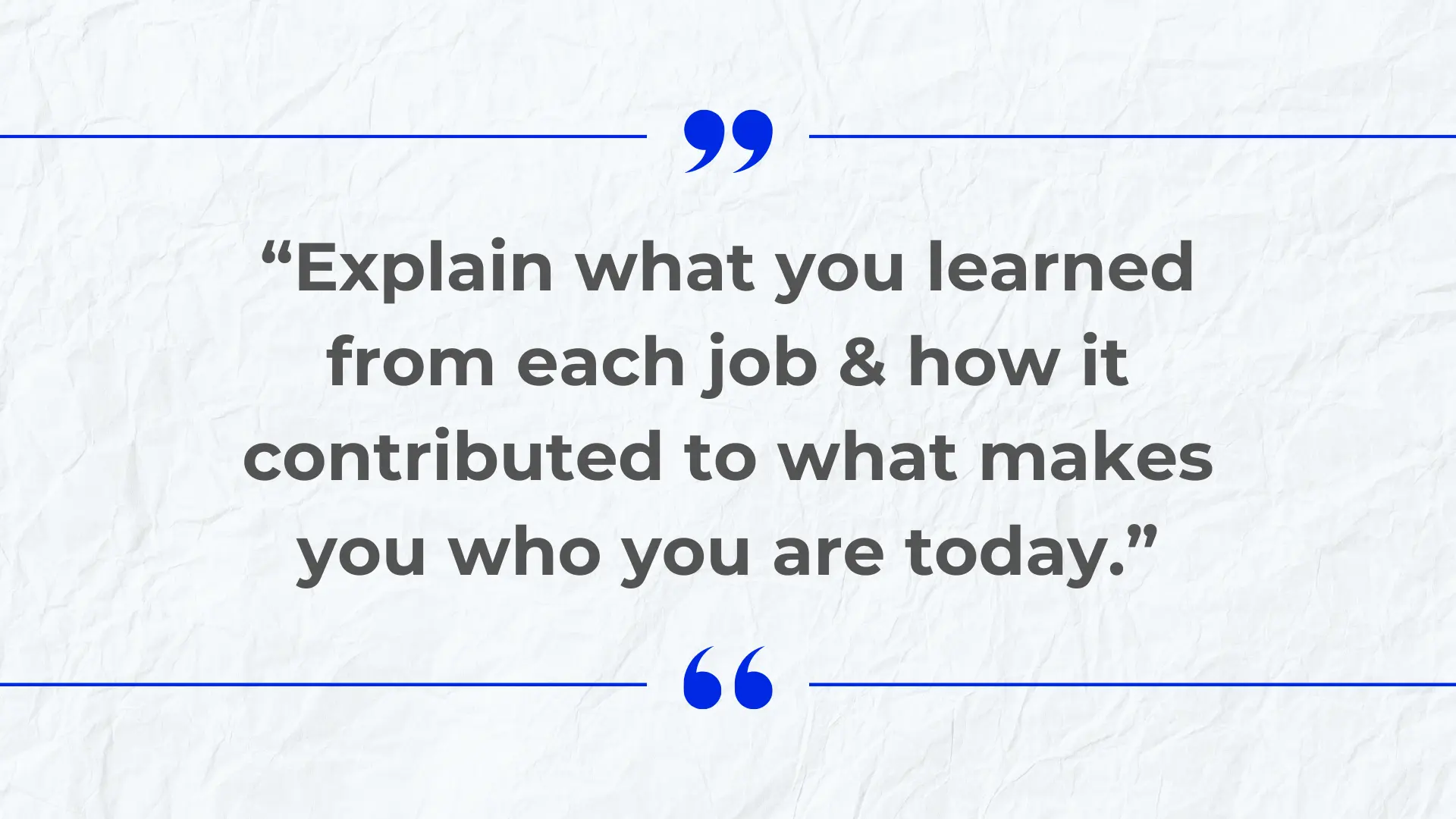
Being an older candidate, you probably have a long history of professional workplace experience. If you write out everything you’ve done, it might fill up a couple of pages.
If this is the case with you, then you must be feeling some pressure to summarize your CV. Do not do that.
Chances are that your resume has a couple of jobs that don’t make you look that great. Trust us, everyone has those. But if you try to downplay or hide those jobs, it might work against you. Instead, we recommend that you elaborate on everything you’ve done.
Some of these jobs may just have been stop-gap measures that you took on while looking for the right opportunities. Others and you may have taken on to experiment or to try and build on a skill or hobby you have.
What you need to do is explain what you learned from each job you held and how it contributed to what makes you who you are today. This will portray confidence instead of a lack of focus.
Challenge 2: Are you ready to learn?
As mentioned before, one of the major reasons why B-Schools are apprehensive about taking on older candidates is a belief that older candidates might be too ‘set in their ways’.
While the ball is still in your court, establish that you are willing to learn. The best way to do this is to mention the activities, courses, or projects you have undertaken recently and talk about why you took them up. Exhibit your interest in investing in yourself and learning new things.
An MBA is, in many ways, the ultimate investment you can make in yourself.
Show the AdCom that you have a high ‘LQ’ or ‘learning quotient’. Display a history of investing in yourself and actively seeking learning opportunities. It will go a long way in building the AdCom’s confidence in you.
Challenge 3: How will you get placed after your MBA?
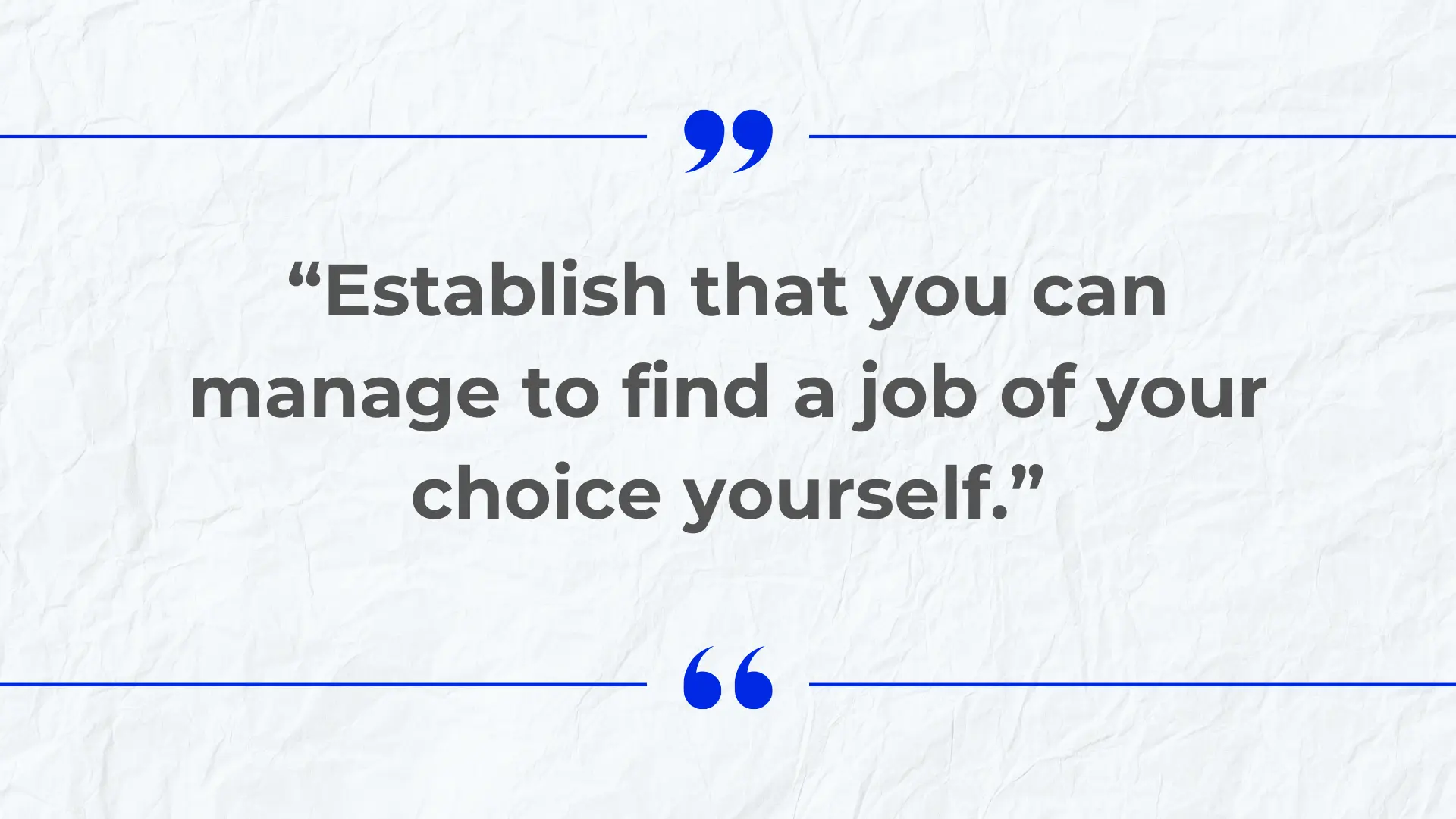
Another major fear B-Schools have about older candidates is that the candidates will find it difficult to find a job role of their choice.
Here’s how you can get them to calm down:
Establish clearly that you will not be entirely dependent on the B-School’s placement committee to get good opportunities after your MBA. What you need to show is that your extra years of experience have given you the skills and network to make it on your own.
Whether you eventually end up taking the placement committee’s help or not is immaterial. The point here is to show AdComs that you have absolute faith in yourself and that you are a self-starter.
Our recommendation is, don’t outright claim that you will not seek help, but do indicate strongly that you can do it on your own if the need arises. Doing this will take care of the AdComs’ fear that you may become a liability to them towards the end of the course.
Challenge 4: Why do an MBA now?
One of the most interesting questions to try and answer is, “Why do you want to do your MBA now?”
Your actual reason may be that you’ve hit a plateau in your career and you’re finding it tough to get out and move on. But you cannot say this without sounding like you’re externalizing your problems. No B-School appreciates candidates who sound needy.
Instead, convince the AdComs that you are going to excel with or without their MBA.
They are always interested in MBA applicants who are already making things happen; candidates who will use the MBA only to accelerate their existing growth plan.
One of the terms often used by older candidates to address this question is ‘retooling’. It means re-equipping oneself with knowledge, skills, and acumen that is relevant and important for growth in the desired direction.
So, what you can say is that you’re retooling to try and change your career path. Say that you’re looking for an MBA program to help you do that more efficiently and in a structured manner. Link what you’ve done so far to what you want to do in the future.
Basically, establish that you’re looking to grow your existing skills and build on new ones to help you develop a more globally-oriented skillset.
Make it clear that you’re not expecting the MBA to wave some magic wand and infuse life into your dying career. Instead, reinforce that you’re on your way to success and are looking for a program to enhance the process.
Challenge 5: What will be your class contribution
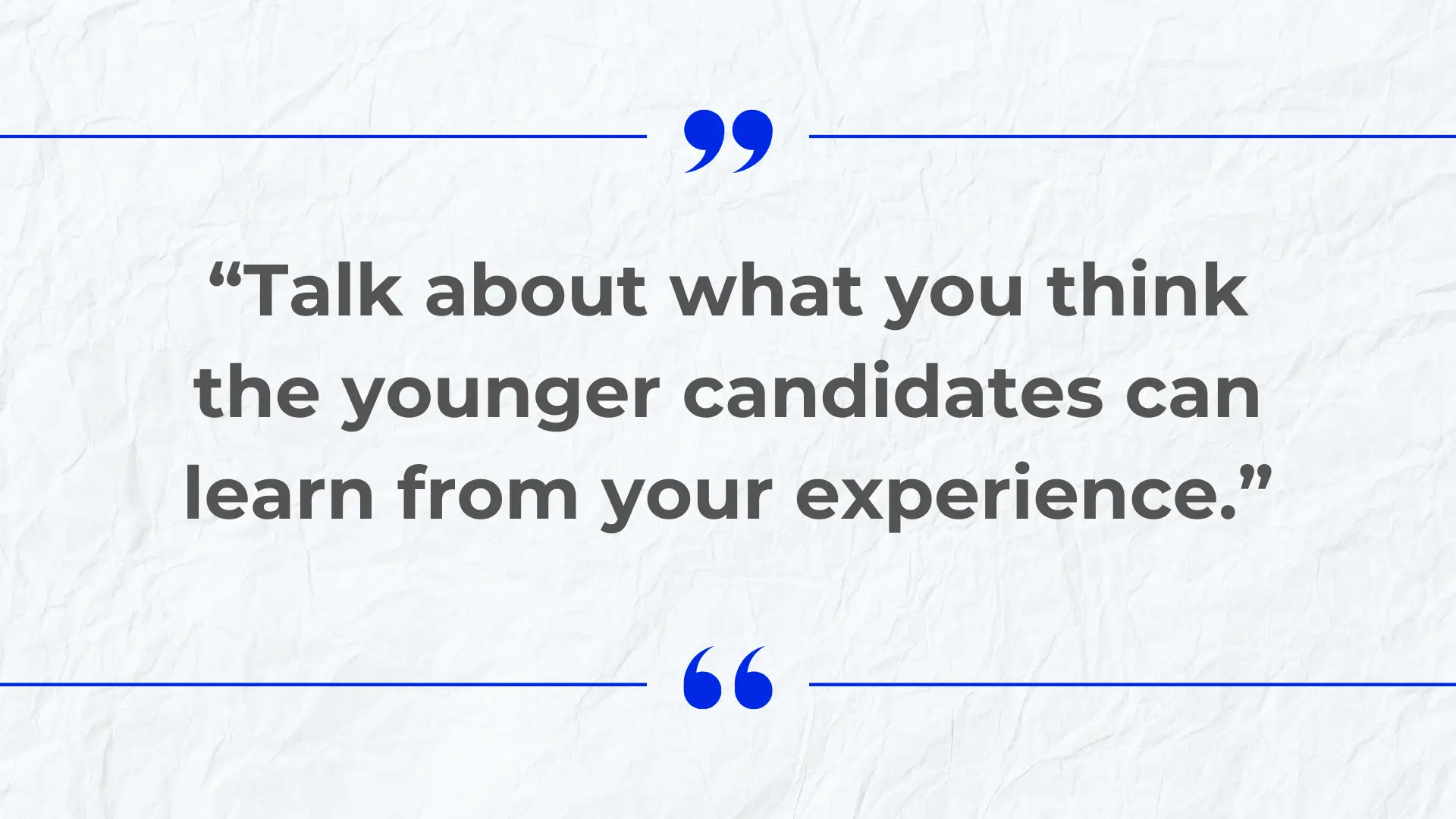
Since the average age of MBA students in most schools is 27 or so, every B-School is quite concerned with what each candidate brings to the table. We’ve talked earlier in this post about how diversity is a big deal for B-Schools as it enhances the overall learning experience.
You can exploit this desire of B-Schools to bring more diverse and rich experiences to the classroom.
Of course, you have to be careful not to overdo it, but you must talk modestly about how you think your years of work experience will contribute to the classroom discussions.
Mention the biggest lessons you’ve learned, the skills you’ve picked up, or your greatest achievements. Talk about what you think the younger candidates can learn from them.
This is a great opportunity to paint your weakness as your strength. Portray that you’ve got a lot to offer the B-School and that they can also benefit from having you in their class.
Challenge 6: What is your X-factor?
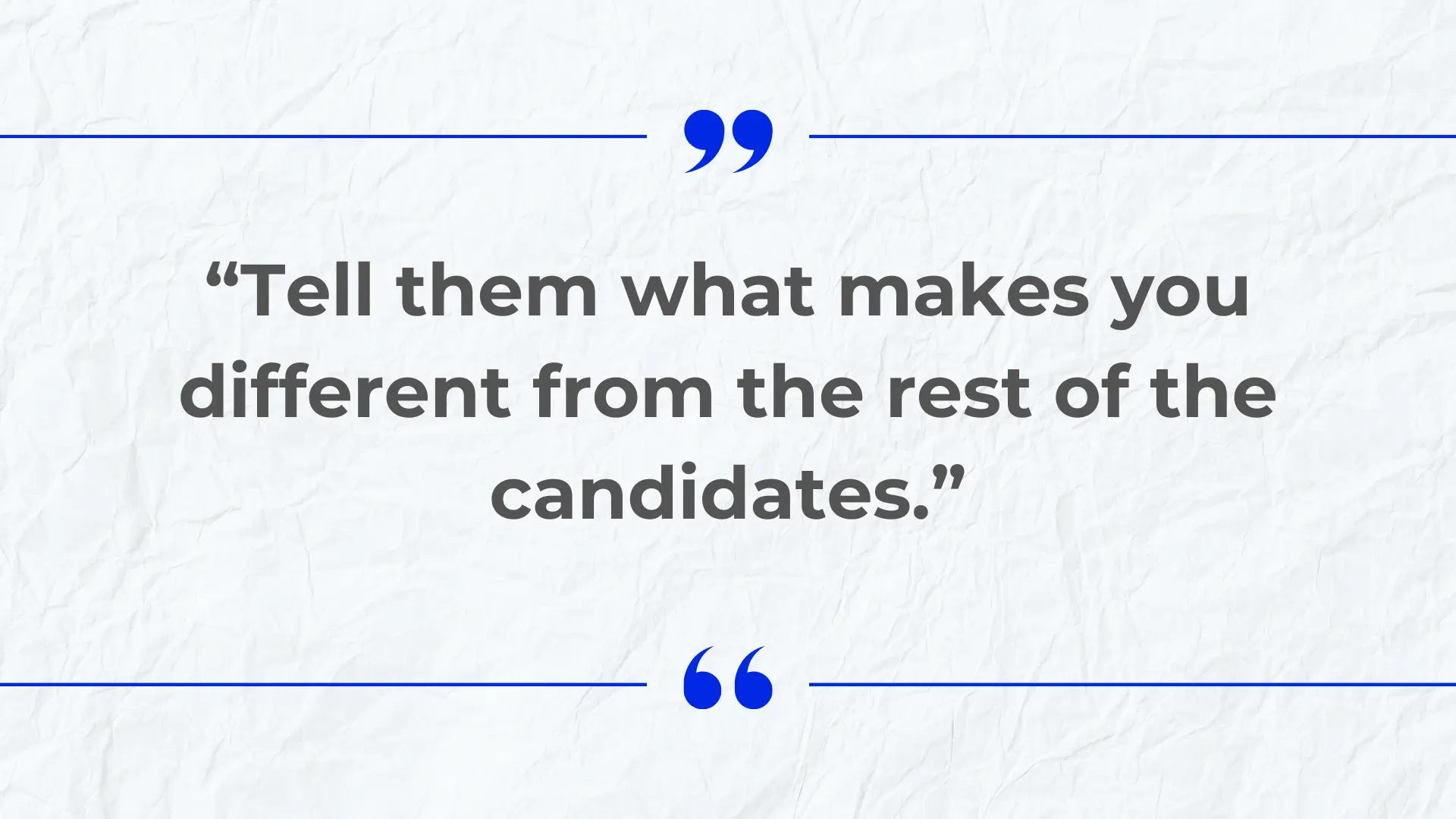
At the end of the day, remember that your direct competition is not the 27-year-old applicants; instead, it is the other applicants who are your age. Take into account that anyone who has been in the field and working for around 10 years will most probably have the same kind of experiences and insights to a certain extent.
This would make your profile look just like theirs and it may slip through the gaps.
To avoid falling through the cracks, talk about something that makes you unique.
Mention something about your personality, background, or just about anything you can think of and talk about how that affects the perspective you can provide.
The aim here is to stand out as a more memorable or more valuable candidate than the rest.
Challenge 7: Why a full-time MBA?
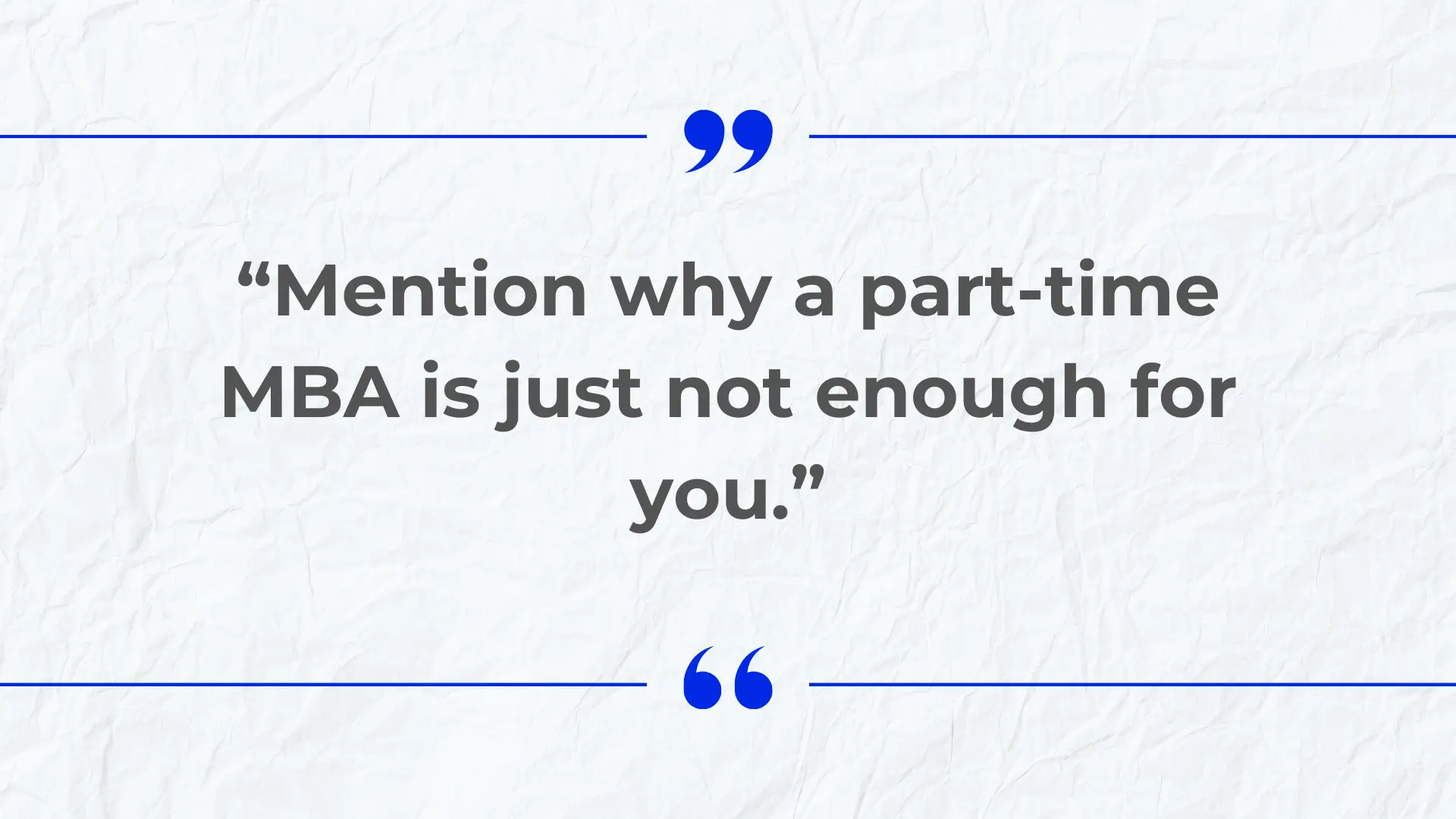
This question is one of the major challenges we can foresee for older MBA aspirants.
Establishing why you want to take a break from your career and go for a course full time instead of continuing to work while pursuing a part-time MBA will be tough.
Since you’re already ahead of most applicants in your career, it’s easy for an AdCom to reject your application thinking that you’d be better suited for a commitment that is part time. That’s why it is quite important for you to clearly state that a part-time or online MBA is not for you.
You can say that you think immersing yourself full-time into learning is the most productive or effective way for you to learn. Feel free to mention that part-time and online courses don’t go into the kind of depth that you are looking to get into.
If you feel like you won’t be able to handle work and studies together, go ahead and say it! In the end, all that matters is that you give a reason good enough to justify your preference for a full-time course over any other format.
So, when it comes to getting into a good MBA program, there’s no doubt that your opportunities shrink with age. The older you get, the more challenges you will face and the less convenient it will be to field the questions volleyed at you. But it is not impossible to get yourself an MBA.
Now that you know how to tackle the questions raised by the AdComs, let us figure out the potential B-schools you can apply to and how you can select the right B-School for your MBA.
4. How to select the right B-Schools for your MBA after 30?

You must already be aware that B-Schools typically have their reservations about taking in older candidates for their full-time MBA programs.
You’ll be thrilled to know that a handful of schools are known to be friendly towards older MBA candidates. Yeah, you heard that right!
If you apply to any of the MBA programs at the following schools, your chances of getting in are likely higher.
| i. | Tuck School of Business, Dartmouth College (US) |
| ii. | Fuqua School of Business, Duke University (US) |
| iii. | Warwick Business School, The University of Warwick (UK) |
| iv. | London Business School, University of London (UK) |
| v. | HEC Paris (France) |
| vi. | INSEAD (France) |
| vii. | International Institute for Management Development (Switzerland) |
| viii. | The University of St. Gallen (Switzerland) |
Each of these B-Schools offers multiple formats of MBA programs. There are also many choices when it comes to specializations, but you can always opt for a General Management MBA as well. In any case, these schools are open to admitting more experienced candidates to their MBA programs.
However, an MBA is not the only way forward for you, either. Some of the world’s leading B-Schools also offer other programs that are specially designed for candidates who wish to study after 30.
For instance, consider IIM – Ahmedabad’s PGPx program. This is one of the many other programs that are looked upon as an MBA even though it isn’t formally called that.
The simple reason for this is that these courses are very similar to MBAs, and they’re tailored for more specific needs of the students.
Here are a few examples of schools offering such programs:
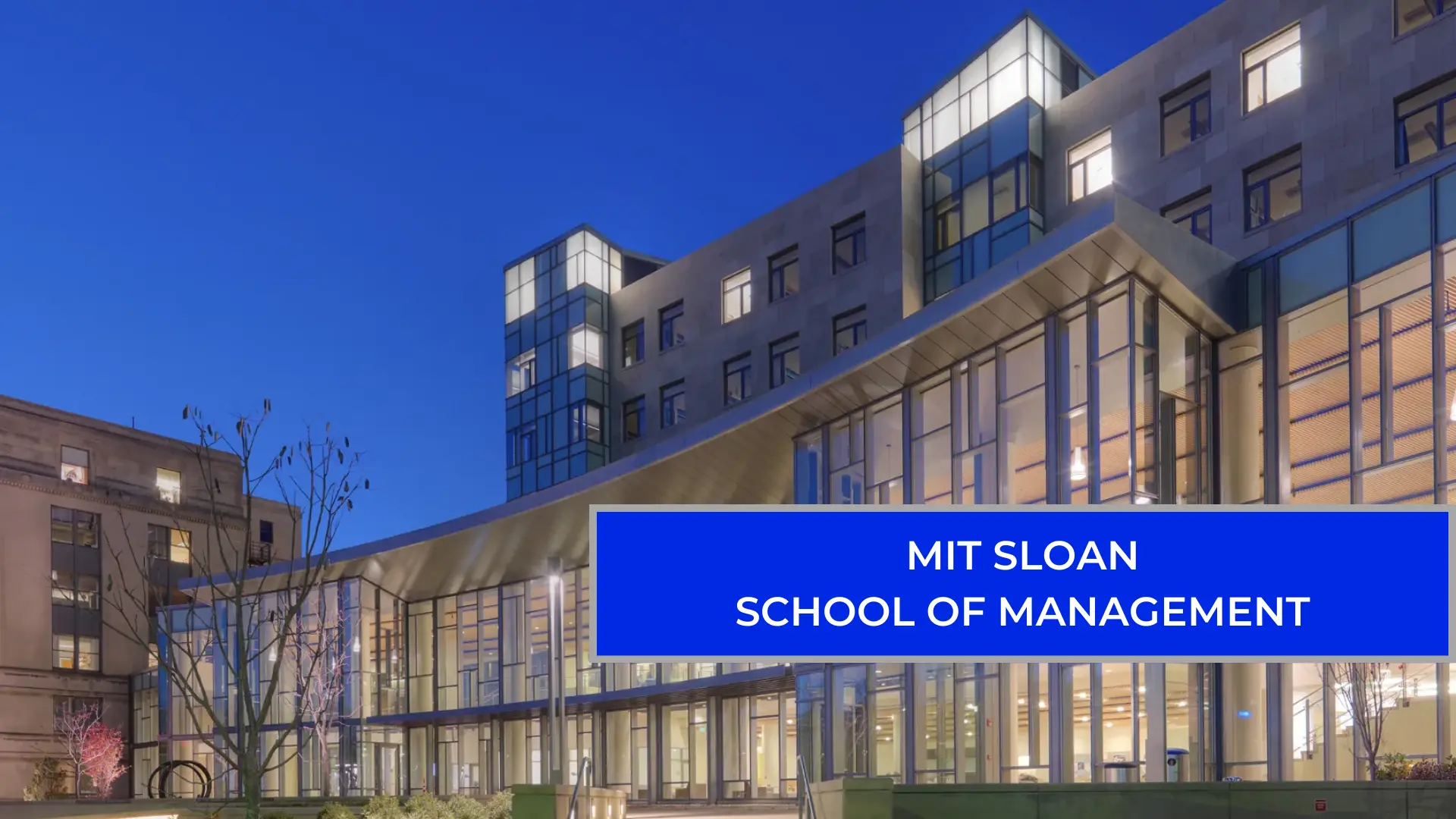
One of the highest-ranking universities of all times, MIT is world-renowned for its higher education programs across numerous walks of life.
Its Sloan School of Management offers a massive variety of programs with various specializations for business executives. You can use the MIT program finder to help find the best fit for your profile.
One of India’s most prestigious B-Schools, IIM – Ahmedabad, offers a postgraduate program for business executives.
This is a highly coveted program not only because of IIM-A’s stature but also because of how effective the program has been. The progress made by the alumni of this program is quite spectacular.
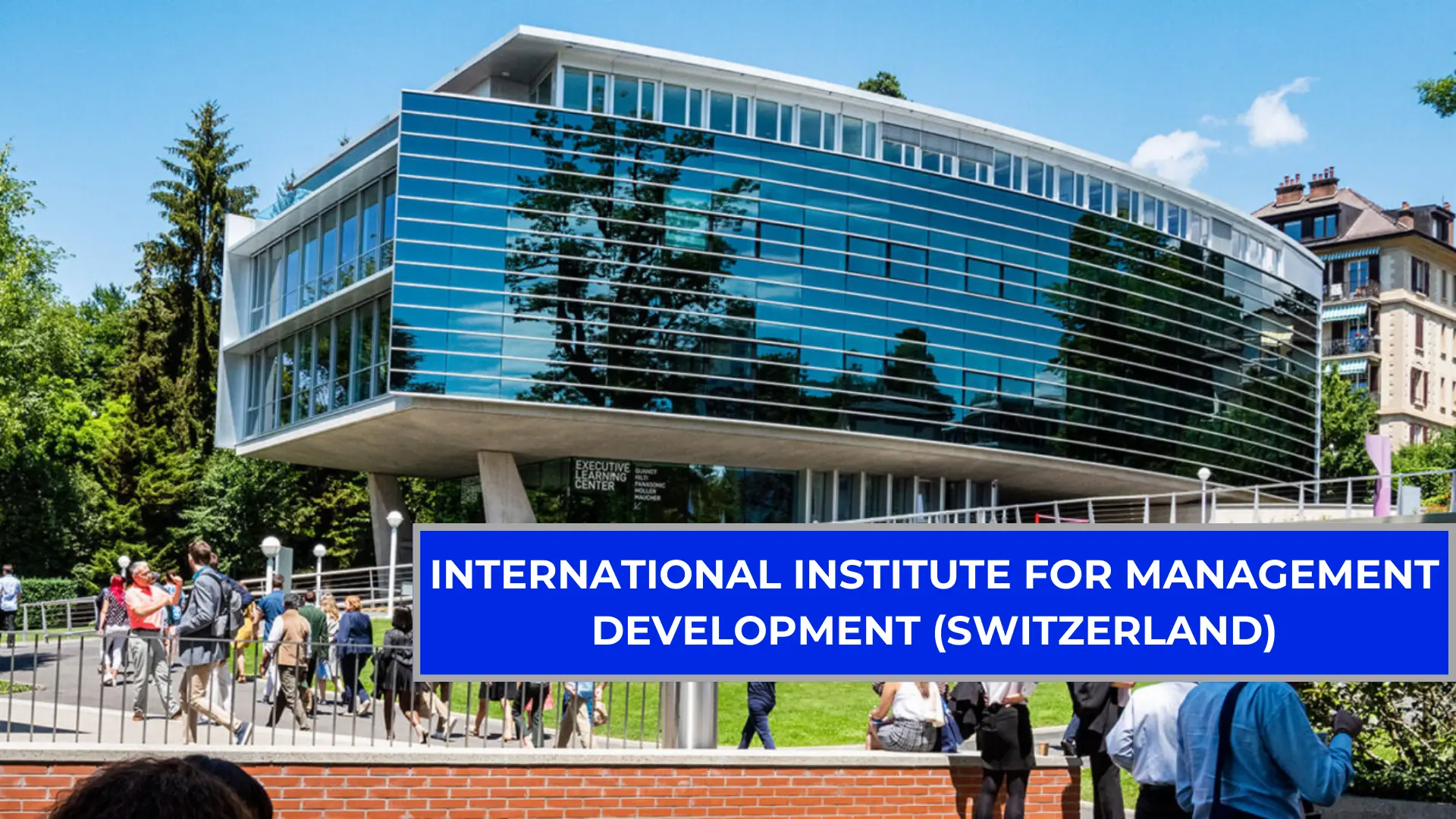
The IMD is the only institute of its caliber in the world that is not affiliated with any university.
It is an independent institute that exclusively offers management training programs including MBAs and executive MBA programs. It has a vast variety of leadership programs that you could benefit from as well.
The Indian School of Business is a globally recognized and respected B-School with two campuses – ISB Hyderabad and ISB Mohali. It offers one of the country’s best learning experiences through its MBA programs, and the postgraduate program (PGP) it offers rivals the one provided by IIM-A.
Consider all your options carefully and weigh them against each other before you decide which program you want to pursue. Understand that you have options other than just an MBA after 30.
The reason we ask you to do this now is that you will have to be very certain of your choices when you face the AdComs. Whether it is through your essays or your interview, your conviction regarding which course you want to pursue will make a huge difference in convincing AdComs to give you an admit.
However, this does mean that getting an MBA after 30 is a bad idea. It does not mean you should give up on your aspirations just because of your age. All you need to remember is that the secret to a successful MBA journey lies in planning and anticipating it well…and a small amount of good luck 🙂
So, we would ask you to stop worrying and start working towards pursuing an MBA.
Follow the steps we mentioned above so that you do not get stuck anywhere. Trust us when we say that doing an MBA after your 30s is totally worth it!
We understand that all this information is a lot to take in in one go. The best way for you to gain greater clarity is to speak to one of our experts.
If you feel getting your profile evaluated might be a good next step for you, get your profile evaluated right away!
Let’s figure this out together.




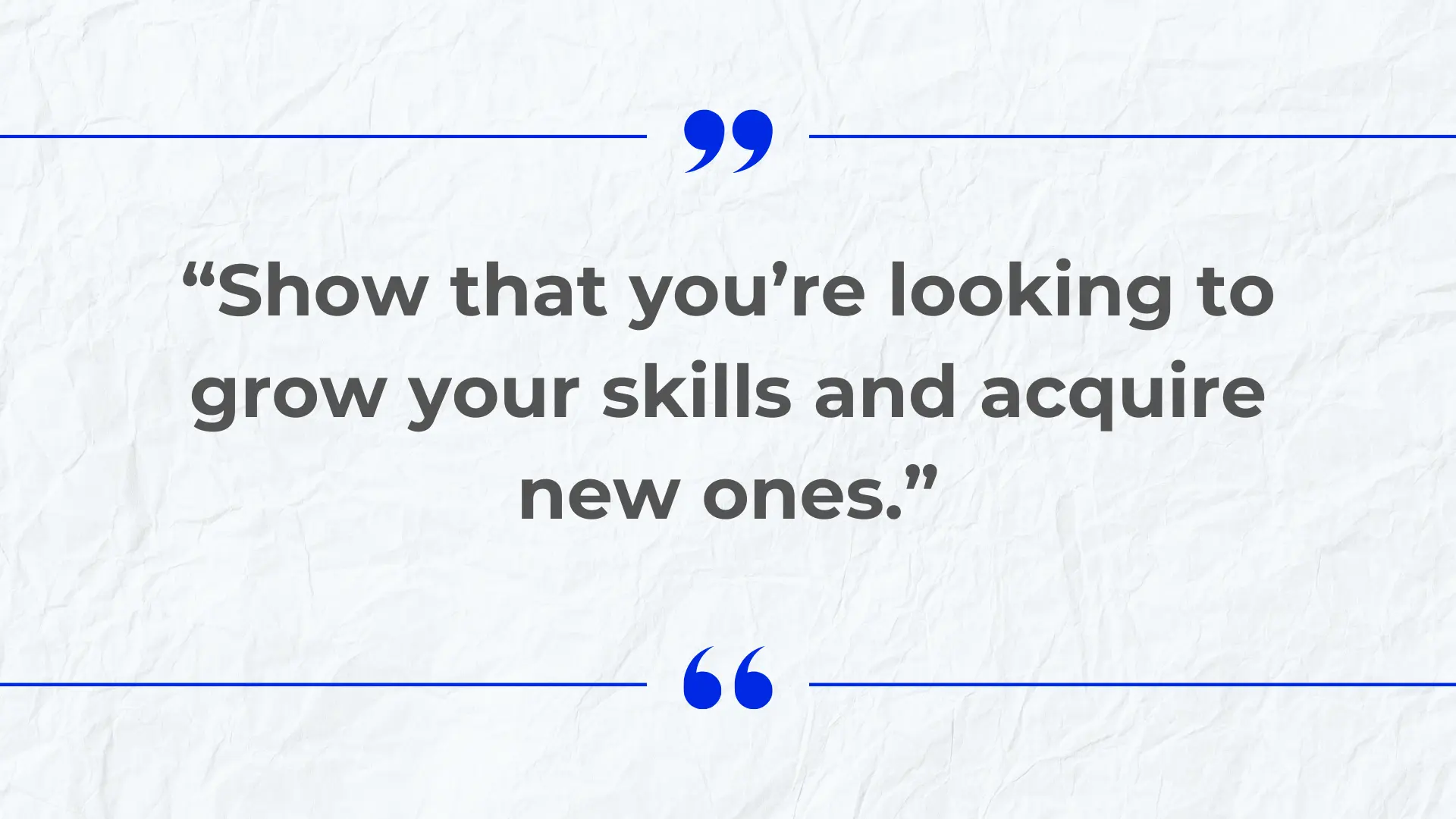

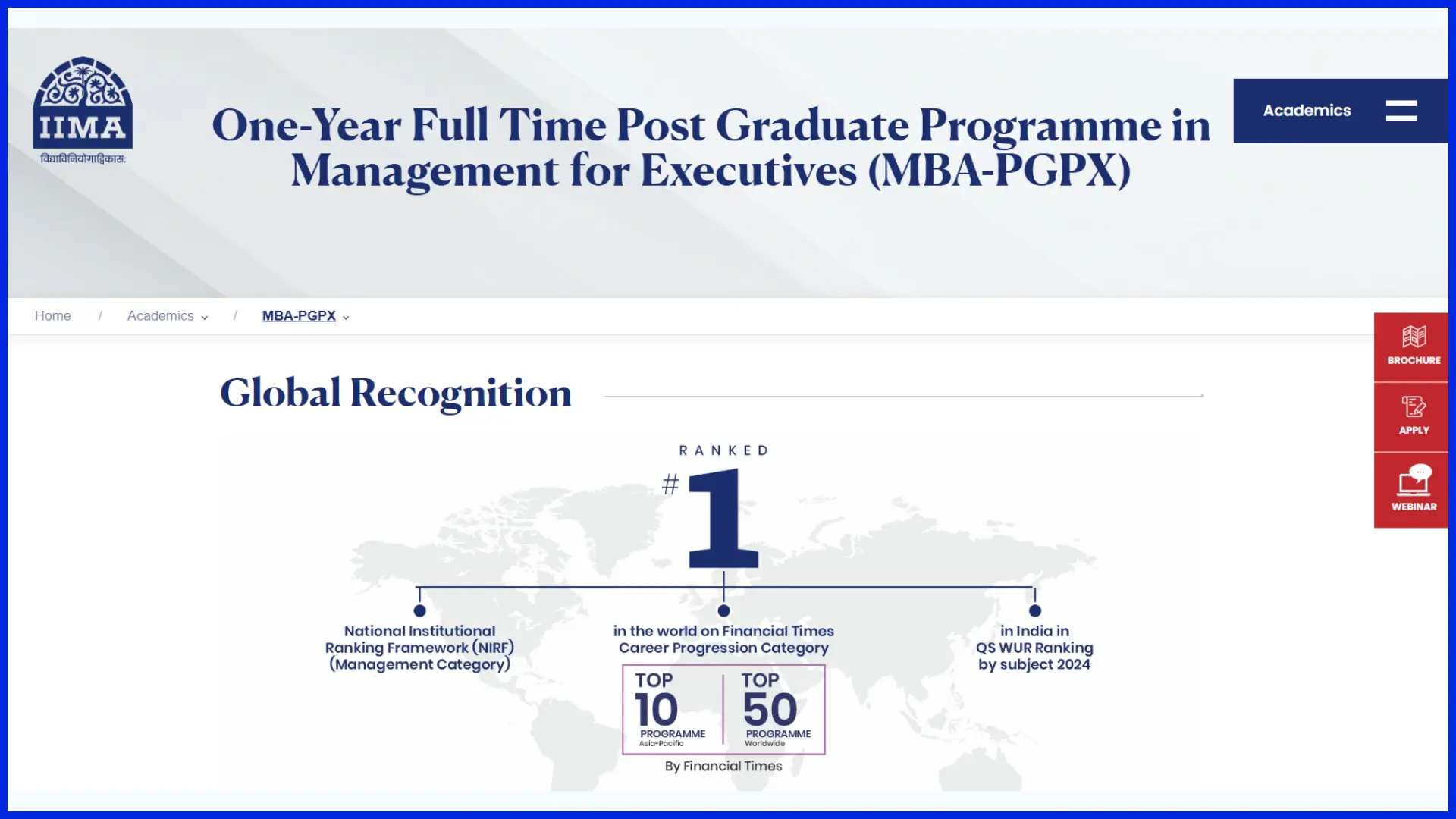
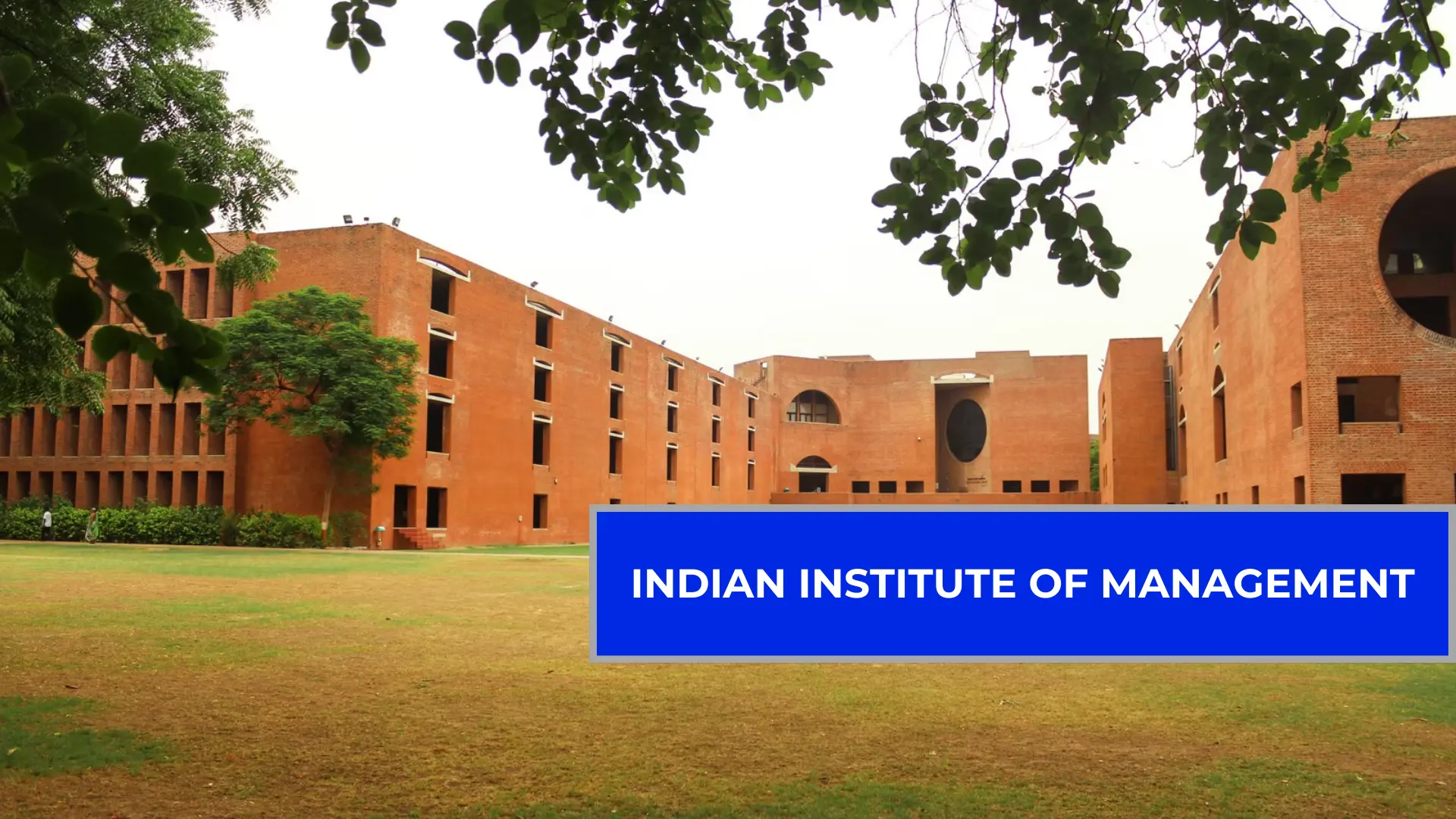
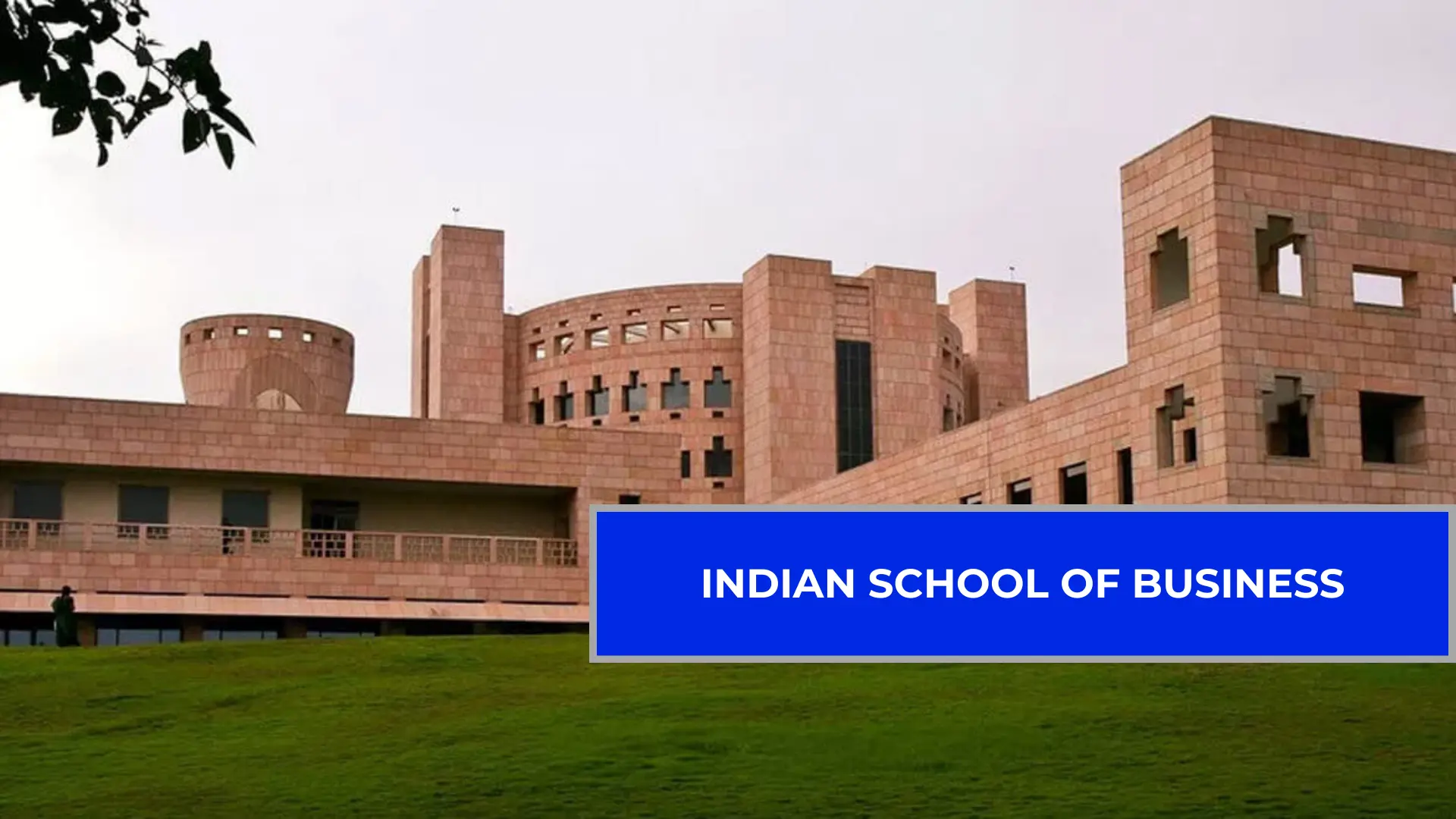



0 Comments